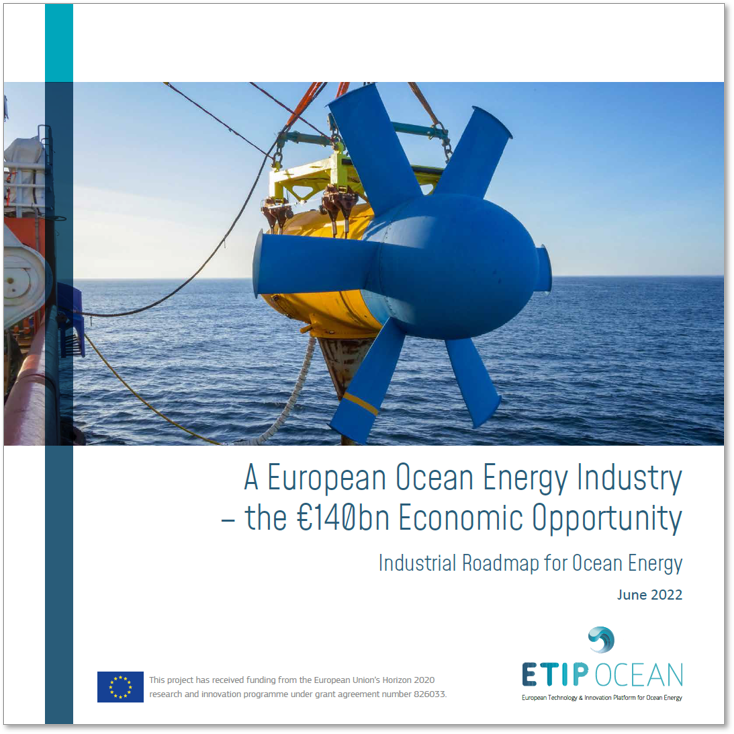The “Industrial Roadmap for Ocean Energy” outlines Europe’s strategic opportunity to lead the development of wave and tidal energy technologies, projecting up to €140 billion in economic benefits and the creation of 500,000 jobs by 2050 if leadership is seized proactively. The roadmap stems from two major studies (economic and social impact analyses) conducted under the Horizon 2020 program, complemented by industrial data and case studies.
Europe holds a global first-mover advantage in ocean energy due to its existing technological base. Nearly all current global ocean energy projects use European-developed technology. However, the report presents two diverging scenarios:
-
Leadership scenario: 100 GW of installed ocean energy in Europe, strong domestic supply chain, and export dominance, resulting in €140bn economic activity.
-
Follower scenario: 60 GW installed, higher dependence on non-EU tech providers, yielding only €59bn economic impact.
The International Energy Agency’s (IEA) Faster Innovation Case is used as the reference model, estimating a global market of 293 GW for wave and tidal energy by 2050. Europe could secure a third of this market if it leads early.
Ocean energy is framed as essential to a 100% renewable energy mix, complementing wind and solar by generating power predictably and at different times, aiding grid stability. By 2050, it could supply 10% of Europe’s electricity needs, replacing 234 million tonnes of CO₂.
Technologically, the roadmap highlights a wide range of innovation focus areas including:
-
Full-scale device development and pilot farms
-
Advanced mooring, power take-off (PTO), and control systems
-
Use of innovative, circular materials
-
Improved tidal rotors and floating platforms
Real-world application and performance links are underlined by multiple case studies:
-
ANDRITZ Hydro: Delivered turbines for the world’s first tidal array (Meygen), now exported to Canada.
-
CorPower Ocean: Deploying wave energy devices in Portugal, sourcing components from 13 European countries.
-
Sustainable Marine’s Pempa’q Project: A European-Canadian project to deliver 9 MW, saving 17,000 tonnes of CO₂/year.
The report also emphasizes supply chain localisation, with 76% of heavy manufacturing contracts staying in the country of deployment and two-thirds of overall contract value remaining local. Yet, specialist manufacturing (e.g., control systems, gearboxes) is still fragmented and offers potential for strategic European specialization.
An Action Plan is presented to support policy and investment frameworks, including:
-
National deployment targets integrated into Energy & Climate Plans
-
Revenue support, Insurance/Guarantee Funds, and innovation-specific financing mechanisms (e.g., Horizon Europe, InvestEU)
-
Simplified consenting processes via designated ‘go-to’ zones and national single contact points
In conclusion, the roadmap urges decisive action to capitalize on the €140bn ocean energy opportunity by enabling pilot projects, scaling technologies, and securing Europe’s position as the global leader in this emerging sector.

